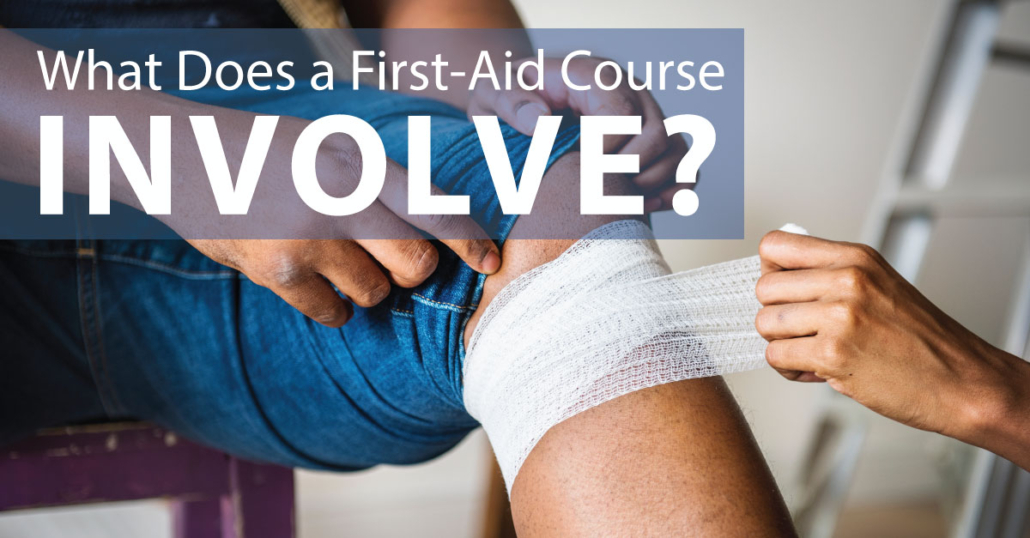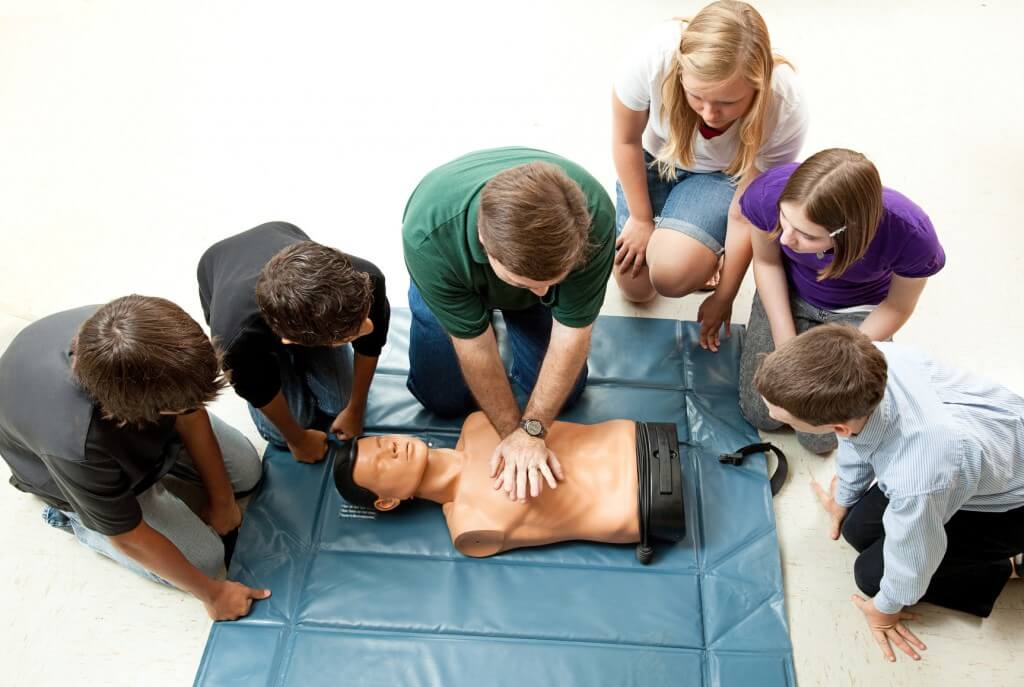Introduction
Cardiopulmonary resuscitation (CPR) is a lifesaving method that everyone ought to recognize. Nonetheless, despite its crucial importance, numerous misconceptions border mouth-to-mouth resuscitation techniques and qualification. Lots of people may think twice to obtain licensed due to these misconceptions, which can eventually set you back lives in emergency situation circumstances. This post intends to disprove prevalent myths concerning mouth-to-mouth resuscitation while highlighting the relevance of getting licensed via accredited first help courses By understanding the facts, you can empower on your own and possibly save a life.
Common Mistaken beliefs About mouth-to-mouth resuscitation and Why You Should Get Certified
What Is mouth-to-mouth resuscitation? Understanding the Basics
CPR represents cardiopulmonary resuscitation, a treatment made to restore breathing and blood circulation in an individual who has stopped breathing or whose heart has actually ceased pounding. The method involves breast compressions combined with fabricated air flow strategies such as mouth-to-mouth breathing or making use of a bag-mask device.
- Key Components of CPR: Chest Compressions: These assist preserve blood flow to important organs. Rescue Breaths: These provide oxygen to the lungs. Automated Outside Defibrillator (AED): A device that can stun the heart back right into rhythm in situation of certain heart arrests.
Misconception 1: Just Medical Professionals Can Do CPR
One common misconception is that only experienced doctor can carry out CPR properly. While healthcare providers are absolutely experienced at it, anyone can learn exactly how to execute mouth-to-mouth resuscitation via CPR courses
- The Truth: Laypersons can be educated to carry out efficient CPR. Basic strategies are simple and can be mastered by anybody willing to learn. Bystanders usually play essential functions in conserving lives before expert aid arrives.
Misconception 2: CPR Is Only Helpful for Cardiac Arrest Victims
Another widespread misunderstanding is that CPR is only Hobart First Aid Course Near Me - skillstrainingcollege.com.au for individuals experiencing heart attack. In reality, CPR can be useful in numerous emergencies.
- Other Situations Where CPR Serves: Drowning incidents Drug overdoses Choking sufferers where the respiratory tract has actually been compromised
Misconception 3: You Must Stay Clear Of Giving Rescue Breaths
Many individuals think rescue breaths are unneeded or perhaps dangerous as a result of the danger of infection or other concerns. This originates from confusion concerning how COVID-19 could affect these practices.

- The Facts: Rescue breaths are crucial for offering oxygen. During instances like sinking or opioid overdose, rescue breaths end up being crucial. Hands-only mouth-to-mouth resuscitation is recommended when someone is inexperienced or hesitant but knowing both strategies continues to be vital.
Misconception 4: You Can't Harm A Person by Carrying Out Mouth-to-mouth Resuscitation Incorrectly
While it holds true that carrying out CPR improperly might create some damage, not trying it in all might cause death.
- Understanding the Dangers: Rib fractures might happen during hostile upper body compressions. Any action taken is better than not doing anything; modern guidelines stress that "something" is far better than "absolutely nothing" during cardiac arrest situations.
Misconception 5: As soon as You're Trained, You Don't Required Further Training
Some people think that when they've completed a program, they don't need more training or recertification.

- Why Ongoing Training Matters: Techniques progress in time based upon brand-new research. Regular refreshers keep your skills sharp and ensure you're current with existing best practices.
Misconception 6: Kid Do Not Required CPR Training
Parents frequently presume they won't require to execute mouth-to-mouth resuscitation on their kids since youngsters don't experience heart occasions as frequently as adults do.
- The Truth for Parents: Children can experience respiratory system issues, choking events, or sinking circumstances calling for prompt attention. Learning pediatric-specific strategies makes certain preparedness during emergency situations entailing children.
Importance of Obtaining Certified in First Aid and Mouth-to-mouth Resuscitation Courses
Why Certification Issues in Emergency Situations
Being accredited in emergency treatment and mouth-to-mouth resuscitation provides numerous benefits past just finding out life-saving abilities:
- Enhances confidence when facing emergencies Increases awareness of security protocols Encourages even more individuals to step forward in emergency situations
Benefits of Taking a First Aid Course
Comprehensive Capability: Individuals find out not nearly CPR however additionally basic emergency treatment concepts such as wound care and managing fractures. Legal Defense: Qualification frequently includes Do-gooder legislations defense when helping a person throughout an emergency. Career Opportunities: Many tasks require emergency treatment certification as component of their security procedures; being accredited boosts employability in fields like training, mentoring, health care, and childcare.FAQs Regarding Typical Misconceptions Concerning CPR
FAQ 1: What sort of training do I need for effective CPR?
You ought to register in recognized CPR courses that cover both grown-up and kid resuscitation approaches effectively.
FAQ 2: Just how frequently need to I restore my first aid certificate?
It's advisable to restore your first aid certificate every 2 years given that guidelines change frequently based on emerging research.

FAQ 3: Is hands-only compression far better than traditional CPR?
For inexperienced spectators or those awkward providing rescue breaths, hands-only compression is effective however knowing both methods supplies a greater chance of survival if educated properly.
FAQ 4: What resources are offered for learning about very first aid?
Numerous companies use on the internet sources along with physical training courses; reputable systems consist of the American Heart Organization and Red Cross internet sites which information first help courses readily available near you.
FAQ 5: Are there any kind of age restrictions on taking a first aid course?
Most first help courses welcome individuals of any ages; however, some specialized classes may be geared toward particular age groups (e.g., kids vs adults).
FAQ 6: Does my office require me to obtain certified?
Certain workplaces-- particularly those including public communication-- frequently need workers to have valid qualifications in first aid and fundamental life assistance (BLS).
Conclusion
Understanding the fact behind common false impressions about CPR is important for enhancing recognition about this life-saving technique. Whether you're a parent wishing to safeguard your kid or a staff member seeking certification for professional improvement, getting accredited via proper first aid courses arms you with the expertise required for acting emphatically during emergency situations. Bear in mind-- any person can learn just how to perform effective mouth-to-mouth resuscitation despite history; don't let mistaken beliefs deter you from becoming equipped! So why wait? Join today for a CPR course!
This detailed overview looks for not only to eliminate misconceptions bordering CPCR yet additionally acts as an encouragement for everybody to look for accreditation so they too can add positively throughout emergencies!